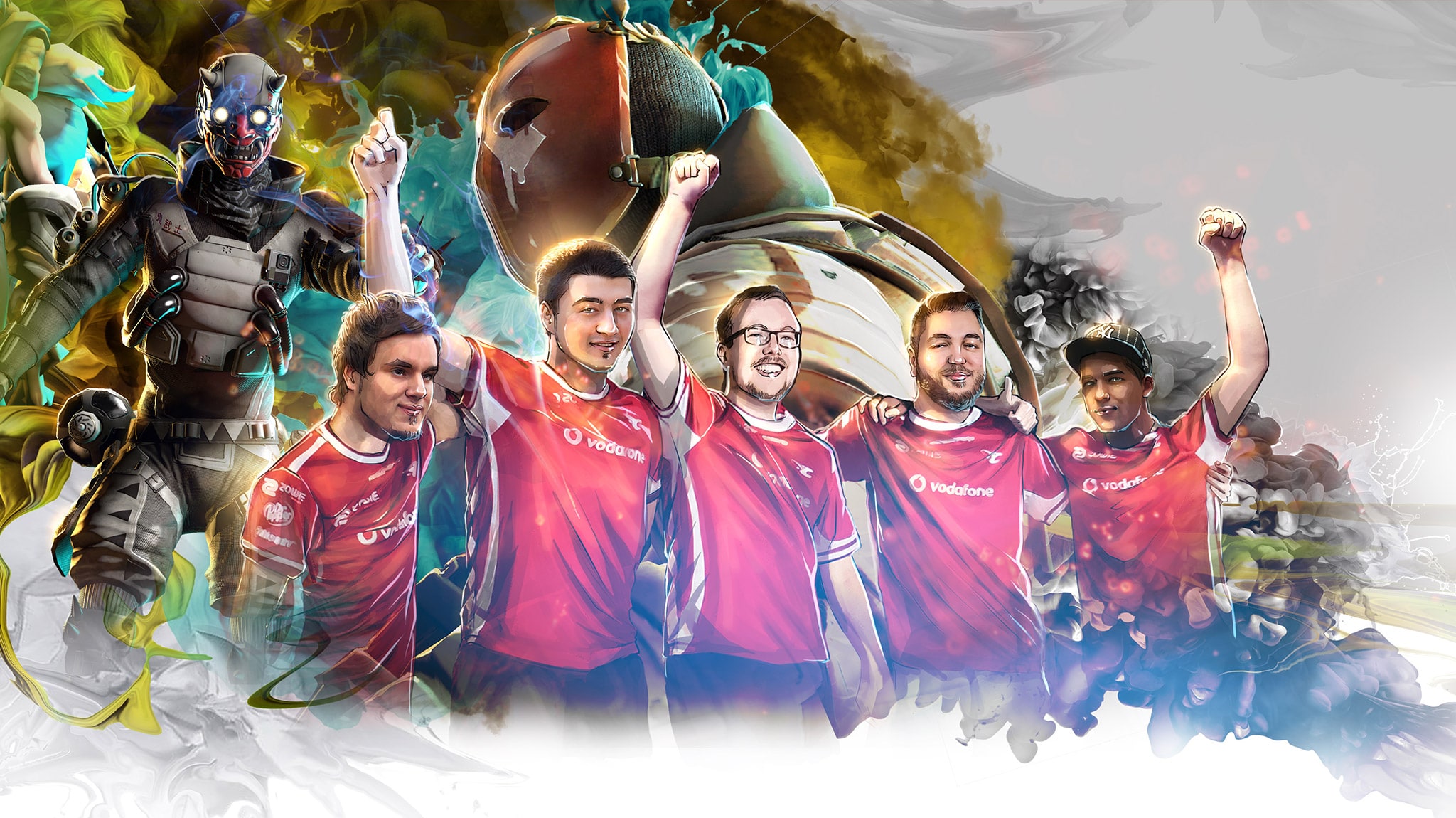2005 – With close to 1 million players in the ESL, it was a challenge to maintain competitive integrity in the league. ESL Aequitas was launched as the new anti-cheat tool to meet the special needs of the everyday league. This system was launched for Steam-based games and worked well, penalizing hundreds of cheaters.
ESL Aequitas expanded to support two more games: Warcraft III and Call of Duty 2. Both games got special modules that were adapted to the needs of the game, beyond the standards such as screenshots. The goal was to make known public cheats obsolete.
The ESL Playercard was introduced in 2005 as the first player ID card in the history of esports to handle the problems caused by the anonymity of the Internet. The Playercard and verification key would be sent to the player’s address, thus attaching a verifiable real world piece of data to their otherwise anonymous existence. Over the years, more features would be added to the Playercard, including increased account security, access to trusted leagues, and faster login at events.
In the same year, Turtle Entertainment acquired the majority rights for NBC GIGA, a German television broadcaster with a focus on video games. It was an expansion into linear television to capture the audiences who were not into streaming videos over the internet.
